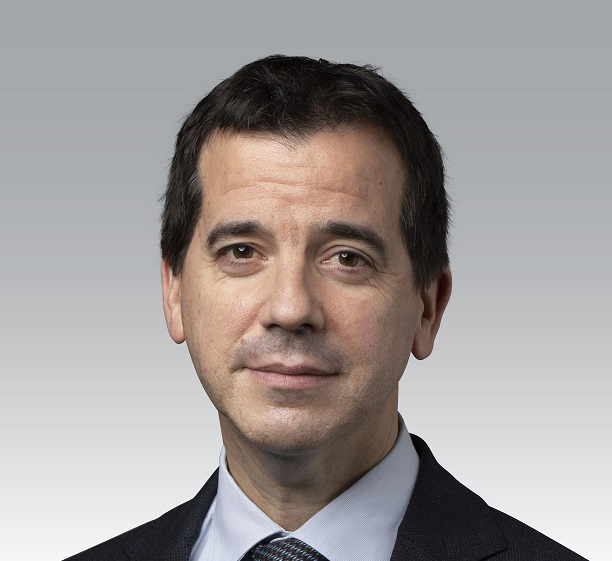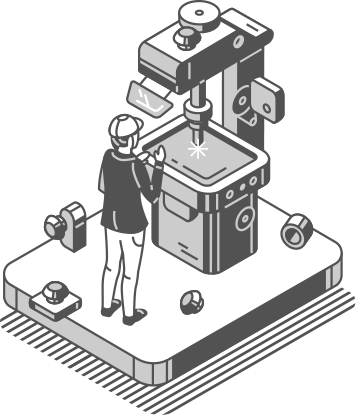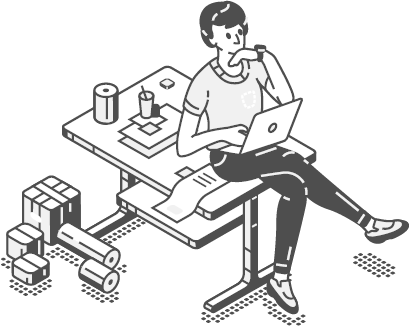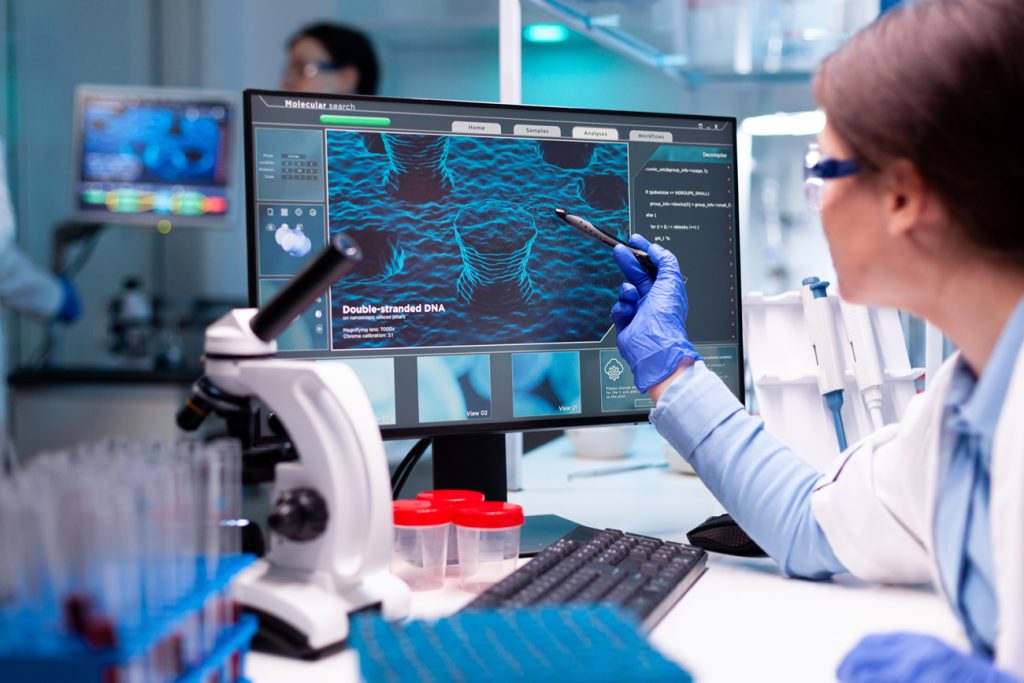- The value chain of the Healthcare industry in Navarra exceeds 80 companies involved, employs 31,000 people and has increased its turnover by 23% since 2016.
- “Our 45 associated entities are experts in biomedicine, biotechnology, pharmaceutical development and manufacturing, distribution, health technologies, digital health and artificial intelligence, among others,” highlights Laura Corcuera, managing director of the Navarra Health Cluster (NHC).
- The digital transition, Artificial Intelligence (AI), the ageing of the population, the personalisation of treatments and patient empowerment are emerging challenges to which the bio-health sector in the Autonomous Community of Navarre will have to respond
The biosanitary industry in Navarra currently exceeds 80 companies involved, employs 31,000 people and has increased its turnover by 23 % since 2016. “It is the sector that has seen the greatest growth so far this century in the region,” Mikel Irujo, Navarre’s Minister of Industry and Ecological and Digital Transition recently confirmed.
The future for this activity is therefore more than promising. And, to a large extent, it is defined by the solutions it can develop in terms of innovation, technology and an approach focused, above all, on patient care.
The influence that factors such as digitalisation and Artificial Intelligence (AI), advanced therapies, personalised medicine and public-private collaboration can have on this horizon are the main challenges for an industry that will have to demonstrate sufficient adaptability to be able to take full advantage of all the opportunities that may arise from now on.
The main objectives of the NHC cluster are to strengthen the entrepreneurial ecosystem and to generate and retain talent, as well as to foster R&D and diversification.
Laura Corcuera, managing director of Navarra Health Cluster (NHC), is not only a privileged witness to the accelerated transition process facing this economic activity. It also represents one of the main agents of change with 45 associated entities that (she hopes) will number fifty by the end of 2024. “Specifically, we have organisations with expertise in biomedicine, biotechnology, pharmaceutical development and manufacturing, distribution, health technologies, digital health and artificial intelligence, among others,” he says. Roughly speaking, more than 80 % are companies and 40 % are start-ups, which, in his view, “reflects the diversity and dynamism of NHC’s partners”.
BENEFITS FOR NAVARRA
“We cover the entire value chain of the health sector in Navarra, from universities and research centres to companies from different segments”, he continues, while pointing out that the NHC’s main lines of work are “strengthening the business ecosystem, generating and retaining talent, as well as promoting R&D and diversification”.
However, Corcuera is convinced that all this work will bring great benefits to the region. “Among other things, it will improve competitiveness and innovation, promote collaboration and cohesion, facilitate internationalisation and stimulate driving projects,” she says. Along these lines, the Managing Director of Navarra Health Cluster affirms that, for the economy of the region, “it will mean the generation of specialised employment, economic diversification and strategic positioning in European challenges, making an outstanding contribution to the reputation and competitiveness of the region at EU level”.
For Cinfa's corporate medical director, Alicia López de Ocáriz, factors such as quality research centres, training and the strong support of the Government of Navarra "create a very attractive ecosystem for business in the bio-health sector"
SOLID BASE
The expectations expressed by the cluster are shared by the healthcare companies that promote the presence of this industry in the region. This is expressed by one of its most prominent corporations, Cinfa, its corporate medical director, Alicia López de Ocáriz. “Navarra has numerous high-quality care centres and hospitals,” she says.
She also draws attention to the presence of leading research centres, which, in her view, represent a “crucial factor” in facilitating the development of their entities. On the other hand, she recalls, “our region is home to excellent universities that form top-level professionals in various bio-health fields”.
And all this without forgetting the support of the Government of Navarra: “A very important factor because it plays a vital role”, he points out, adding that “the whole combination of these factors creates a very attractive ecosystem for business in the bio-health sector”.
"THE BIOSANITARY SECTOR is the sector that has seen the greatest growth so far this century in the Autonomous Community of Navarra".

mikel irujo
Regional Minister for Industry and Ecological and Digital Business Transition of the Government of Navarra
Navarra's biosanitary industry: strengths and opportunities
NHC highlights the strengths of the regional bio-health sector in terms of research capacity, business development and healthcare services. “We have highly qualified companies, with products, services and production plants of high technological value and internationally recognised”, says Corcuera. Significant investment in R&D and a solid research infrastructure are two other aspects in its favour.
The analysis also includes a number of opportunities, including a new legal framework that encourages entrepreneurship, the interest of companies to diversify and the new European initiatives on the Health Data Space, the Cancer Action Plan or the One Health global health concept.
On the other hand, Navarre’s bio-health sector faces major challenges in terms of research, business fabric and healthcare. As for the former, it is necessary to explore ways to accelerate the transfer of results to the market and patients; while, to boost the productive sector, digitalisation and AI will make the difference in competitiveness in the medium term. Furthermore, infrastructures, such as a “technology park” specialising in health and biosciences, are essential for business development and consolidation.
In this context, the managing director of the Navarra Health Cluster trusts in the close links they maintain with the innovation system of the Comunidad Foral (SINAI) for the development of “joint projects and synergies that will enable the sector and the region, in short, to position itself as a benchmark player in the field of social and healthcare”, she concludes.




